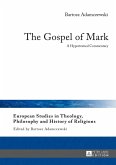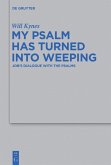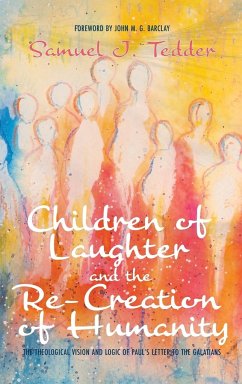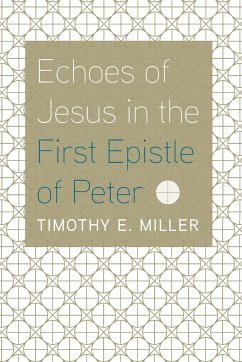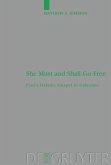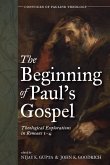The international conference held in Limerick, Ireland, in May 2005 produced far more than the usual collection of loosely related papers. Rather, this volume from the 17 contributors demarcates and organizes a whole field, serving as an indispensable introduction to intertextuality in general, and as an original examination of the topic in relation to the New Testament epistles. CONTENTS Thomas L. Brodie, Dennis R. MacDonald and Stanley E. Porter Introduction: Tracing the Development of the Epistles: The Potential and the Problem PART I. ASPECTS OF THEORY, PRACTICE AND RELATED RESEARCH Susanne Gillmayr-Bucher Intertextuality: Between Literary Theory and Text Analysis Steve Moyise Intertextuality, Historical Criticism and Deconstruction Peter Phillips Biblical Studies and Intertextuality: Should the Work of Genette and Eco Broaden our Horizons? Erkki Koskenniemi Josephus and Greek Poets Jon Paulien Elusive Allusions in the Apocalypse: Two Decades of Research into John's Use of the Old Testament PART II. FROM THE OT TO THE EPISTLES Thomas L. Brodie The Triple Intertextuality of the Epistles. Introduction Lukas Bormann Triple Intertextuality in Philippians Stanley E. Porter Further Comments on the Use of the Old Testament in the New Testament PART III. FROM EPISTLE TO EPISTLE Annette Merz The Fictitious Self-Exposition of Paul: How Might Intertextual Theory Suggest a Reformulation of the Hermeneutics of Pseudepigraphy? Hanna Roose 2 Thessalonians as Pseudepigraphic Reading Instruction for 1 Thessalonians: Methodological Implications and Exemplary Illustration of an Intertextual Concept J. Michael Gilchrist Intertextuality and the Pseudonymity of 2 Thessalonians Outi Leppä 2 Thessalonians among the Pauline Letters: Tracing the Literary Links between 2 Thessalonians and Other Pauline Epistles David J. Clark Structural Similarities in 1 and 2 Thessalonians: Comparative Discourse Anatomy IV. FROM EPISTLE TO NARRATIVE (GOSPEL/ACTS) Dennis R. MacDonald A Categorization of Antetextuality in the Gospels and Acts: A Case For Luke's Imitation of Plato and Xenophon to Depict Paul as a Christian Socrates Paul Elbert Possible Literary Links between Luke-Acts and Pauline Letters Regarding Spirit-Language Heikki Leppä Reading Galatians with and without the Book of Acts Mike Sommer A Better Class of Enemy: Opposition and Dependence in the Johannine Writings Thomas L. Brodie, Dennis R. MacDonald, Stanley E. Porter Problems Of Method: Suggested Guidelines
Hinweis: Dieser Artikel kann nur an eine deutsche Lieferadresse ausgeliefert werden.
Hinweis: Dieser Artikel kann nur an eine deutsche Lieferadresse ausgeliefert werden.


